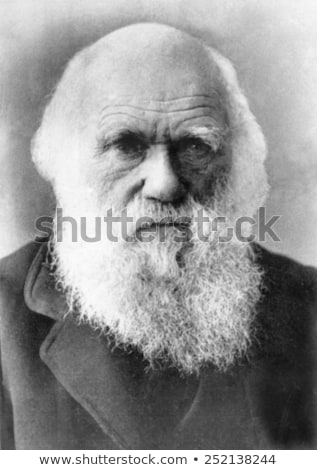How Charles Darwin Revolutionized the World

September 29, 2019
For millennia, farmers had channeled artificial selection to produce more docile dogs and more fleshy cows. So why did it take until Darwin’s key words, “I think,” before biology would be changed forever?
Charles Darwin’s landmark work, On the Origin of Species by Means of Natural Selection, or the Preservation of Favoured Races in the Struggle for Life, did not immediately gain a reaction, but rather was (temporarily) thrown into the waste bin of scientific papers, along with the work of his contemporary, Alfred Russel Wallace. To that point, biology had not delved into the history of natural history (that was the domain of philosophy and theology); instead, it had focused on taxonomy, the classification of species, without examining the underlying causes. The small sliver of biology that was focused on heredity was dominated by Jean-Baptise Lamarck’s erroneous view that changes in traits were inherited through an ancestors’s actions.
Needless to say, Darwin viewed the flaws in this idea; a man with an amputated arm did not have children lacking arms. Nonetheless, the Lamarckian view of evolution still appealed to many because it reflected the historical view of evolution as a teleological process toward perfection. For centuries, Medieval Europe had upheld the idea of a Great Chain of Being, a hierarchical structure culminating in humans. Any view that upset this would have to prompt a paradigm shift.
That is just what descent by modification, as Darwin initially called evolution, achieved. Influenced by the ideas of Thomas Malthus, famous for his ideas that food rises linearily while population rises exponentially, Darwin realized that far more organisms of a species are born than an environment can naturally support. In this vacuum, natural selection ensures that species be well designed for their environments by selecting for those organisms whose mutations favor reproduction.
Darwin’s discoveries revolutionized biology, giving launch to today’s novel domains of molecular biology and bioinformatics, but most importantly they influenced Western philosophy and society by creating a culture governed by positivism and scientific thinking. Although evolution was soon adopted by scientists at large, it remained (and tragically, remains) hotly contested throughout society. At first, many religious institutions shook their heads at the notion that the universe had not been created within the past millennia but most importantly could not rationalize the idea that evolution, from a purely scientific perspective, was goal-less. Despite their past of dominating the animal kingdom, humans could no longer use “science” to exploit the Earth’s limited resources at the expense of other species, a belief that has given way to today’s focus on environmental rights. Still, Darwin’s findings were used to justify oppression and discrimination, a side effect of the increased hold of science on society. The subsequent rise in Social Darwinism, Eugenics, and Nazism displayed the danger in using science in society as an agent of evil engineered to suit ideological agendas and subjugate politically inconvenient groups. Today, as we contemplate how to best employ Darwin’s decision to challenge the established scientific and religious order to improve societal well-being, we, the generation of misinformation, must also never forget the omnipresent danger of science being misconstrued as a weapon.

